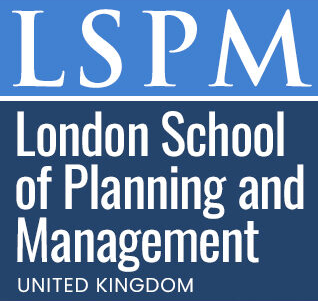Certified Specialist Programme in Implementing Restorative Practices for Students with Avoidant Personality Disorder
Published on June 28, 2025
About this Podcast
HOST: Welcome to our podcast, today we're joined by Dr. Jane Smith, an expert in the field of mental health and education. She's here to talk about an exciting new course, the Certified Specialist Programme in Implementing Restorative Practices for Students with Avoidant Personality Disorder. Dr. Smith, can you tell us what inspired you to create this course? GUEST: Absolutely, I've seen a growing need for educators and mental health professionals to better understand and support students with Avoidant Personality Disorder. Restorative practices are a powerful tool in this regard. HOST: That's fascinating. Can you share more about how restorative practices can help these students? GUEST: Certainly. Restorative practices focus on building relationships and resolving conflicts, which are key challenges for students with APD. By equipping educators with the right skills, we can create more inclusive and supportive learning environments. HOST: I see. And what are some of the unique challenges these students face in the classroom? GUEST: Students with APD often struggle with social anxiety and fear of rejection, which can lead to isolation and poor academic performance. Our course provides strategies to address these challenges and promote emotional regulation and social connection. HOST: That sounds crucial for their success. Now, as an expert, what trends are you seeing in the industry when it comes to supporting students with APD? GUEST: There's a growing emphasis on trauma-informed care and individualized support plans. Our course reflects this trend, teaching educators how to create personalized interventions that consider each student's unique experiences and needs. HOST: That's great to hear. Now, what would you say are some of the common challenges teachers face when trying to implement restorative practices for students with APD? GUEST: Time and resources are often limited, and there can be resistance to change. Our course provides practical, evidence-based techniques that are easy to incorporate into existing curricula and classroom routines. HOST: It's important to make it as accessible as possible. Lastly, where do you see the future of restorative practices and supporting students with APD going? GUEST: I believe we'll continue to see a shift towards more inclusive and personalized approaches in education. By equipping educators with the right skills and knowledge, we can create learning environments where all students, including those with APD, can thrive. HOST: Thank you, Dr. Smith, for sharing your insights and for creating this valuable course. To our listeners, you can learn more about the Certified Specialist Programme in Implementing Restorative Practices for Students with Avoidant Personality Disorder at our website. Until next time, keep learning and growing.
